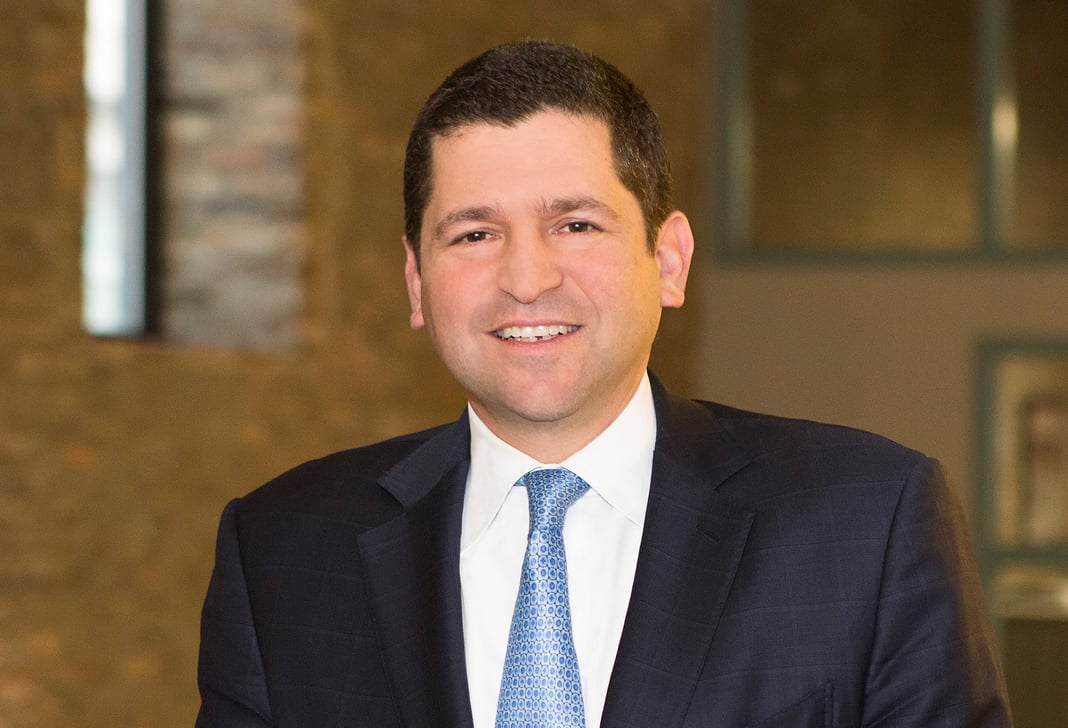
California Enacts First Significant Reforms to PAGA in More Than a Decade
In Short
The Situation: California's Private Attorneys' General Act ("PAGA") was the target of a November 2024 ballot initiative that, if passed, would have repealed the Act in response to perceived abuses and frivolous lawsuits. In a negotiated compromise brokered by California Governor Gavin Newsom and legislative leaders, business and labor groups announced on June 18, 2024, that a deal had been reached to pass legislation reforming PAGA and to withdraw the proposed initiative from the ballot.
The Result: On June 27, 2024, the California Legislature passed SB 92 and AB 2288, which make significant reforms to PAGA for the first time since it was enacted in 2004. Designated as emergency legislation, the new laws will go into effect immediately.
Looking Ahead: Employers can expect to find new challenges and new opportunities as parties and courts begin to interpret and implement the PAGA reforms. PAGA will remain an evolving area of the law that should be closely monitored by employers.
The California Legislature enacted PAGA in 2004 as a mechanism to allow California employees to collect penalties for Labor Code violations on behalf of the state. The statute is a popular tool for attorneys representing employees across the state, and employers have faced an increasing number of PAGA lawsuits over the last decade. Frustrations over perceived abuses led a collection of industry groups to propose an initiative repealing the Act and implementing a new set of Labor Code enforcement mechanisms, which was set to appear on the November 2024 ballot.
To avoid what Governor Newsom referred to as a "contentious ballot measure campaign," labor and business groups reached agreement on a set of PAGA reforms that represent the most significant changes made to PAGA since its enactment. While the proposed amendments may not be a panacea for all of the PAGA abuses the ballot initiative sought to address, they do offer some relief to California employers. Key elements of the legislative changes, which will apply (with some exceptions) only to cases filed on or after June 19, 2024, are summarized below.
More Stringent Standing Requirements
An "aggrieved employee" will now have to have personally experienced each alleged Labor Code violation for which he or she seeks penalties, with a limited exception for plaintiffs represented by nonprofit legal aid organizations. This abrogates prior case law holding that plaintiffs had standing to bring PAGA claims for any Labor Code violations as long as they could show that they suffered at least one Labor Code violation.
Revival of Manageability Limitations on PAGA Claims
Courts will now be empowered to impose manageability requirements on PAGA trials, limiting both the scope of claims and the evidence presented at trial. As with the new standing requirements, this change appears designed to undo a recent California Supreme Court decision holding that courts lacked the inherent authority to strike PAGA claims on manageability grounds.
Caps on Employer Penalties
Employers who take "all reasonable steps" to comply with the Labor Code will have their penalties capped at 15% of the default amounts if they take those steps before receiving a PAGA notice and 30% if they take those steps after receiving a notice.
The statute identifies: (i) conducting audits and actioning findings; (ii) disseminating lawful written policies; (iii) training supervisors; and (iv) taking corrective action with respect to supervisors as examples of "reasonable steps" an employer may take. But, it also provides that reasonableness will be evaluated by the totality of the circumstances and take into consideration the size of and resources available to the employer, and the nature, severity, and duration of the alleged violations.
Other Penalty Reductions
PAGA's default civil penalties of $100 per employee per pay period are reduced to $50 per employee per pay period for violations that are caused by "an isolated, non-recurring event that did not extend beyond the lesser of 30 consecutive days or four consecutive pay periods" and $25 per employee per pay period for certain technical wage statement violations.
PAGA's prior $200 "subsequent violation" penalty is eliminated and replaced with a new $200 penalty that is limited to violations where: (i) an employer's conduct was malicious, fraudulent, or oppressive; or (ii) a court or agency has determined that the policies or practices giving rise to the violation were unlawful in the last five years.
Plaintiffs are now prohibited from "stacking" derivative PAGA penalties under Labor Code sections 201, 202, 203, 204, and 226, a pathway some plaintiffs pursued in an attempt to recover multiple penalties for the same underlying violation.
Expanded Cure Rights and New Options for Early Resolution
The list of "curable" PAGA violations is expanded to include, most notably, wage statement claims, meal and rest break claims, minimum wage claims, overtime claims, and expense reimbursement claims.
Courts are instructed not to levy PAGA penalties for violations when an employer has taken all reasonable steps to comply with the Labor Code and has adequately cured the violation.
The legislation introduces two new pathways for early resolution of PAGA litigation, one for "small employers" with fewer than 100 employees and one for "large employers" with 100 employees or more. Small employers can request a settlement conference through the Labor Workforce Development Agency ("LWDA"). Large employers can request a stay of litigation and neutral evaluation through the court in which a PAGA lawsuit is filed. There are tight timelines and specific requirements for both parties under each pathway, and it remains to be seen how often they will be pursued and with what results.
Relief for Employers Who Pay Employees on a Weekly Basis
Because PAGA penalties accrue on a per-pay-period basis, employees compensated on a weekly basis were previously eligible to recover twice as many PAGA penalties as employees paid on a biweekly or semi-monthly basis. The new legislation rectifies that inequality by reducing the PAGA penalties for weekly-paid employees by one-half.
Introduction of Injunctive Relief and Reallocation of Penalty Amounts
PAGA plaintiffs will now be able to seek injunctive relief in addition to PAGA penalties. In addition, the percentage of PAGA penalties distributed to employees will be increased from 25% to 35%. The balance will still be paid to the LWDA.
Three Key Takeaways
- Employers should take steps to understand what these PAGA reforms will mean for future cases and closely monitor PAGA-related legal developments.
- Employers should continue in their efforts to implement strong wage and hour policies and practices as a first line of defense against wage and hour claims.
- Employers facing new PAGA claims should move quickly to make sure they are taking advantage of these changes, including options to cure or remediate potential violations.











